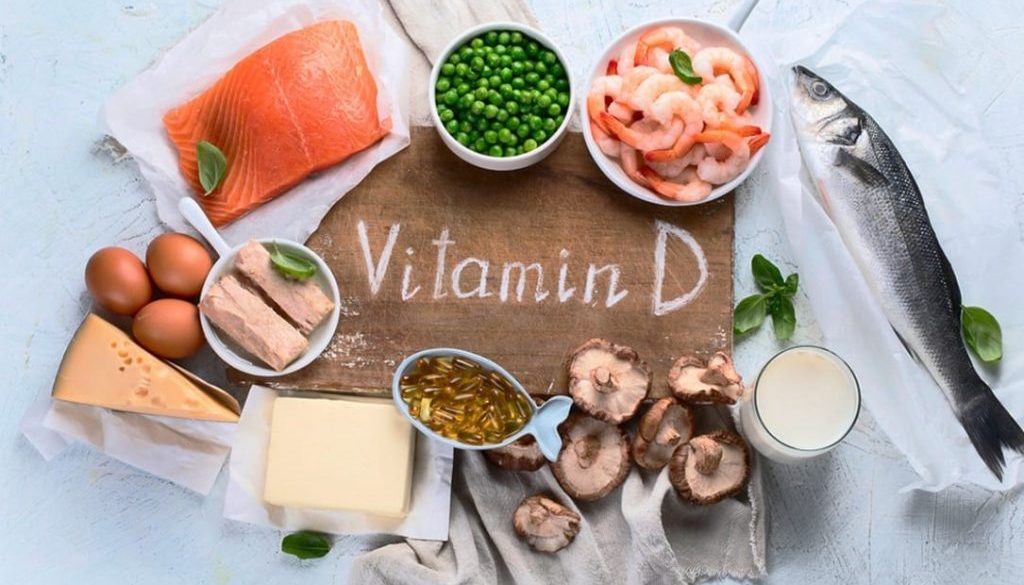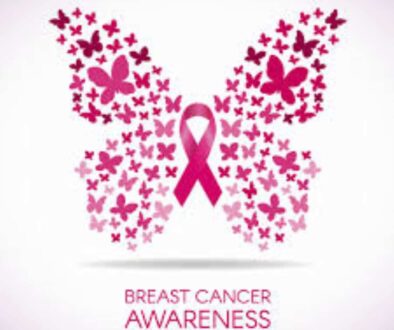How does Vitamin D affect our hair?
HOW DOES VITAMIN D AFFECT OUR HAIR?
Did you know that Vitamin D can improve your overall hair health and wellbeing?
It’s an essential nutrient your body needs yet more and more people are coming up deficient.
What Does It Do?
Vitamin D helps stimulate hair growth and it also boosts immunity and keeps your bones strong. It also stimulates new cell development which helps your body rejuvenate and heal. It aides in creating healthy skin from the top of your head to the tips of your toes!
We naturally get Vitamin D through our (safe) exposure to the sun. People who live in climates that are not conducive to being outside year round can become depleted in the colder months. It is easy to get in the form of a supplement. Whatever form you chose, bear in mind that you need it.
How Does Being Deficient in Vitamin D Impact Your Hair?
Here’s what can happen: Hair loss! Why? When your body does not have enough Vitamin D, it can’t stimulate new hair follicle growth. It also can’t stimulate old hair follicles to grow hair; another important task it helps to support.
Some research suggests that a person with a Vitamin D deficiency is at a higher risk for developing alopecia areata. This is an autoimmune condition that leads to the bald areas on the head and possibly other areas of the body too. Alopecia areata can happen at any age but was seen in some studies as being associated with Vitamin D deficiency in women who were between the ages of 18 and 45.
How to Correct Vitamin D Deficiency
Mother Nature is wonderful! It doesn’t take much sun exposure for the body to produce Vitamin D. Even committed proponents of unprotected sun exposure recommend no more than 10 to 15 minutes of exposure to arms, legs, abdomen and back, two to three times a week, followed by good sun protection. That minor amount of exposure produces all the vitamin D your body can muster. Beyond that, your body automatically starts to dispose of vitamin D to avoid an overload of the vitamin, at which point your sun exposure is giving you nothing but sun damage without any of the presumed benefit.
Supplements can be purchased over the counter or by prescription. As with anything, consult with your doctor as to the dose. It will vary depending upon how deficient you are.
Some foods carry Vitamin D in such as salmon and mackerel. You may also get it from cod liver oil and fortified foods such as orange juice, milk, and some cereals. Look for products labeled as having a good source of Vitamin D.
For those who may have hair loss, having your Vitamin D levels checked can provide some insight into your overall health and wellbeing. Then, adjust your intake to ensure you are getting enough nutrients into your diet to stimulate healthy hair growth.
To learn more, please call us for a complimentary consultation.




